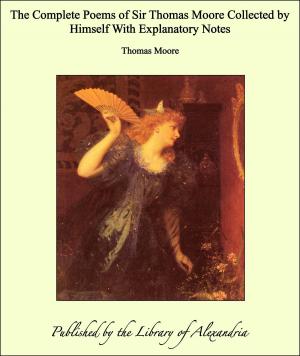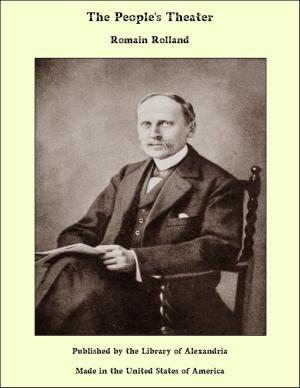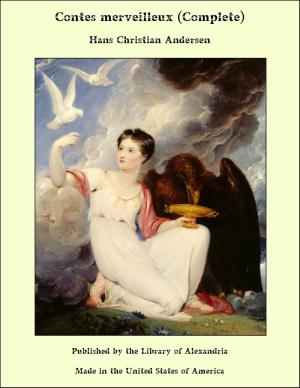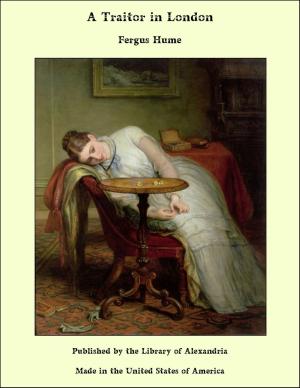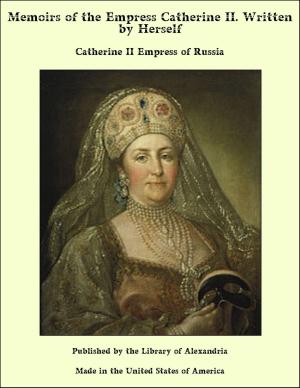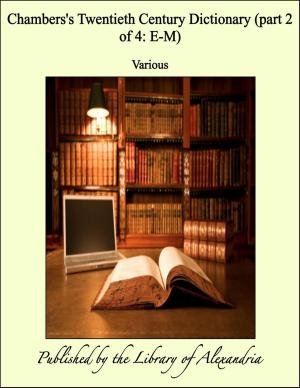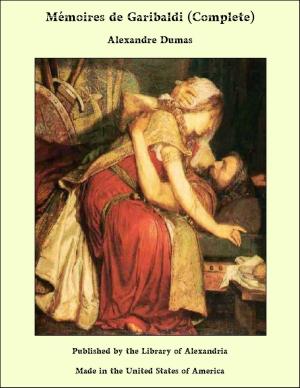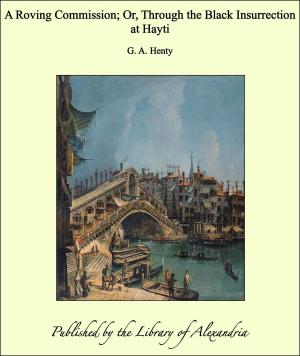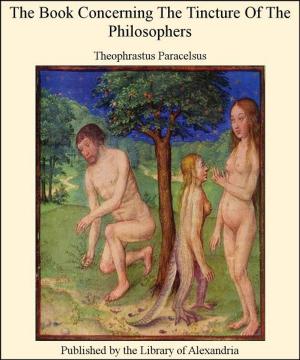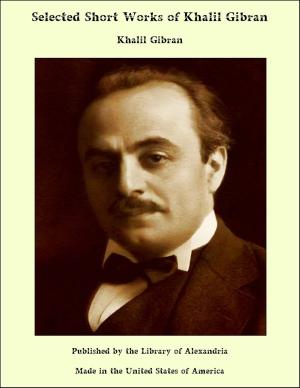| Author: | William M. Taylor | ISBN: | 9781465554222 |
| Publisher: | Library of Alexandria | Publication: | March 8, 2015 |
| Imprint: | Language: | English |
| Author: | William M. Taylor |
| ISBN: | 9781465554222 |
| Publisher: | Library of Alexandria |
| Publication: | March 8, 2015 |
| Imprint: | |
| Language: | English |
On the sixteenth day of January, 1546, George Wishart delivered a remarkable sermon in the church of Haddington. Two things had combined to produce special depression in his heart. Shortly before he entered the pulpit a boy had put into his hands a letter informing him that his friends in Kyle would not be able to keep an appointment which they had made to meet him in Edinburgh. This news so saddened him that he expressed himself as "weary of the world," because he perceived that "men began to be weary of God." Nor was his despondency removed when he rose to preach, for instead of the crowds that used to assemble to hear him in that church, there were not more than a hundred persons present. It was thus made apparent to him that the efforts of his enemies for his overthrow were now to be successful, and so instead of treating the second table of the law as he had been expected to do, he poured forth a torrent of warning and denunciation, not unlike some of the fervid utterances of the old Hebrew prophets. The effect produced was all the more solemn, because he evidently felt that he was bearing his last public testimony against the evils of his times. The good man's presentiment was all too surely realized. Before midnight the house in which he slept was surrounded by a band of which the Earl of Bothwell was the head, and he was given up by his host to that nobleman, only however on the receipt of a pledge, over which "hands" were "struck," to the effect that his personal safety should be secured, and he should not be delivered into his enemies' power.
On the sixteenth day of January, 1546, George Wishart delivered a remarkable sermon in the church of Haddington. Two things had combined to produce special depression in his heart. Shortly before he entered the pulpit a boy had put into his hands a letter informing him that his friends in Kyle would not be able to keep an appointment which they had made to meet him in Edinburgh. This news so saddened him that he expressed himself as "weary of the world," because he perceived that "men began to be weary of God." Nor was his despondency removed when he rose to preach, for instead of the crowds that used to assemble to hear him in that church, there were not more than a hundred persons present. It was thus made apparent to him that the efforts of his enemies for his overthrow were now to be successful, and so instead of treating the second table of the law as he had been expected to do, he poured forth a torrent of warning and denunciation, not unlike some of the fervid utterances of the old Hebrew prophets. The effect produced was all the more solemn, because he evidently felt that he was bearing his last public testimony against the evils of his times. The good man's presentiment was all too surely realized. Before midnight the house in which he slept was surrounded by a band of which the Earl of Bothwell was the head, and he was given up by his host to that nobleman, only however on the receipt of a pledge, over which "hands" were "struck," to the effect that his personal safety should be secured, and he should not be delivered into his enemies' power.


